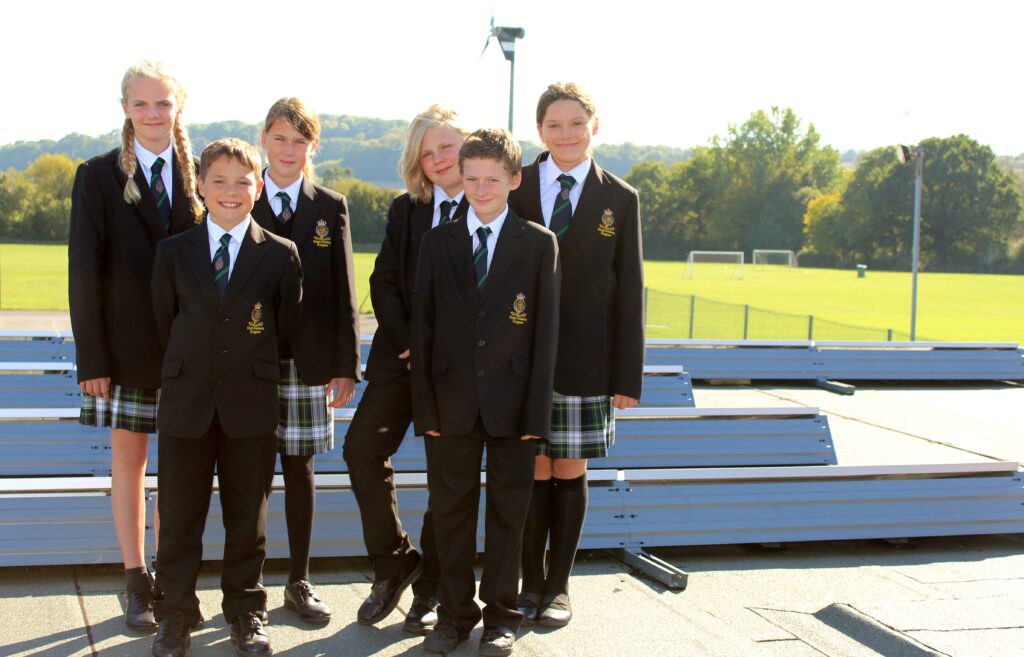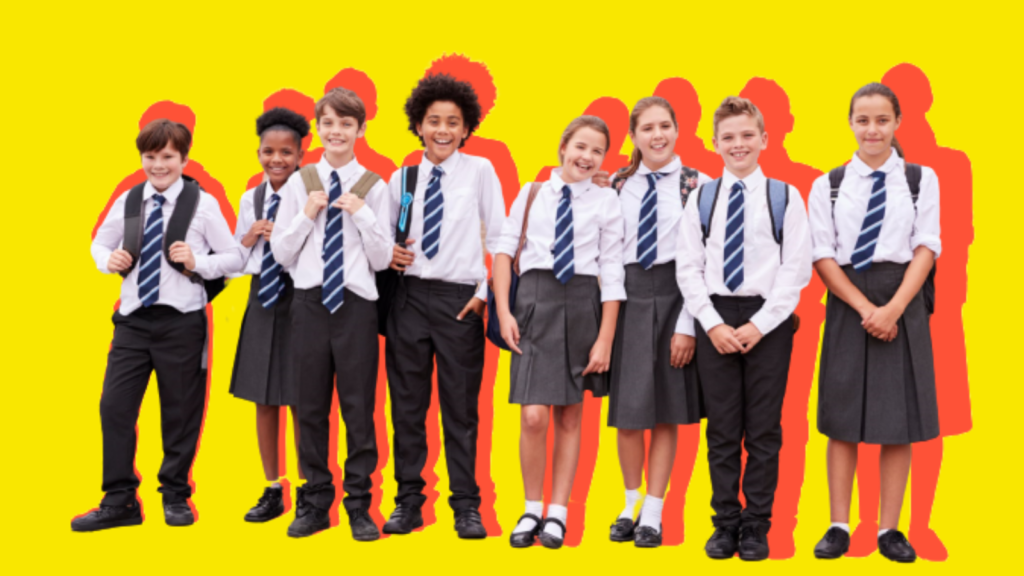Explore the Let’s Go Zero map to see where else teachers, students and school communities are taking action to become zero carbon by 2030.
Let’s Go Zero school action:
Kings Academy Ringmer School, England
King’s Academy Ringmer was the first secondary school to win the Ashden Award in 2008, and has continued to prioritise it’s work in climate action:
- The school has held the Ecoschools Green Flag Award since 2002.
- Solar panels have been installed, alongside a wind turbine, heat pump and they continue to monitor energy use.
- The students are a vital part of all the Eco work within the school.

The teachers and students leading the action:
“The only reason I’ve ever done this work is because I believe in young people. There are so many common-sense things that society can do to make significant differences. You don’t need to be obsessive about it – you just need to be sensible. If we act sensibly, we can make phenomenal changes and people will follow.”
Stephen Green
Old Environmental Coordinator


“I’m now in Year 11 and more recently I have become more enthusiastic about saving the environment and hope that everyone can make the most eco-friendly options in day-to-day life to ensure our planet can stay as amazing as it is now for our future generations.”
Matt Page
Senior Eco Rep
What are they doing in their school?

The schools currently focusing on rewilding the school grounds and making an Eco Hub for students, staff and eventually the wider community to visit. Thier long term plans include building a butterfly chalk bank, creating a wild flower meadow, digging a wetland and pond space and planting indeginous species hedgerows and orchards. The school wants to encourage wildlife with pollinating flowers, bat and bird boxes and bee and bug hotels. They also take part in ‘No Mow May‘.

The school has invested in alternative more sustainable sources of energy. A biomass boiler was installed to run the schools heating system and now about 70% of their heat energy is provided by biomass, and about 30% of electric energy in winter is provided by Solar PV which can reach up to 100% in the summer. They also have a small wind turbine which produces enough electricity to be sold back to the national grid. They also have energy efficient classrooms and have had an extensive amount of insulation fitted.
Alongside all these structural additions the school also continues to monitor its energy use and encourage energy saving behaviours among its staff and student. Techniques which they learnt through the Less CO2 programme.

The school tries to get the staff to adapt their teaching to include sustainability, regardless of their subject. For instance, dance teachers have done performances about recycling, in math’s they can relate the questions to how much waste is being recycled instead of how many sweets Charlie and Sarah have etc.

At least 25% of the student body are involved in the Eco club with interest to get involved increasing with each new year group. The students designed the schools Eco code and hold the staff to account, empowering the students with decision making around the school.